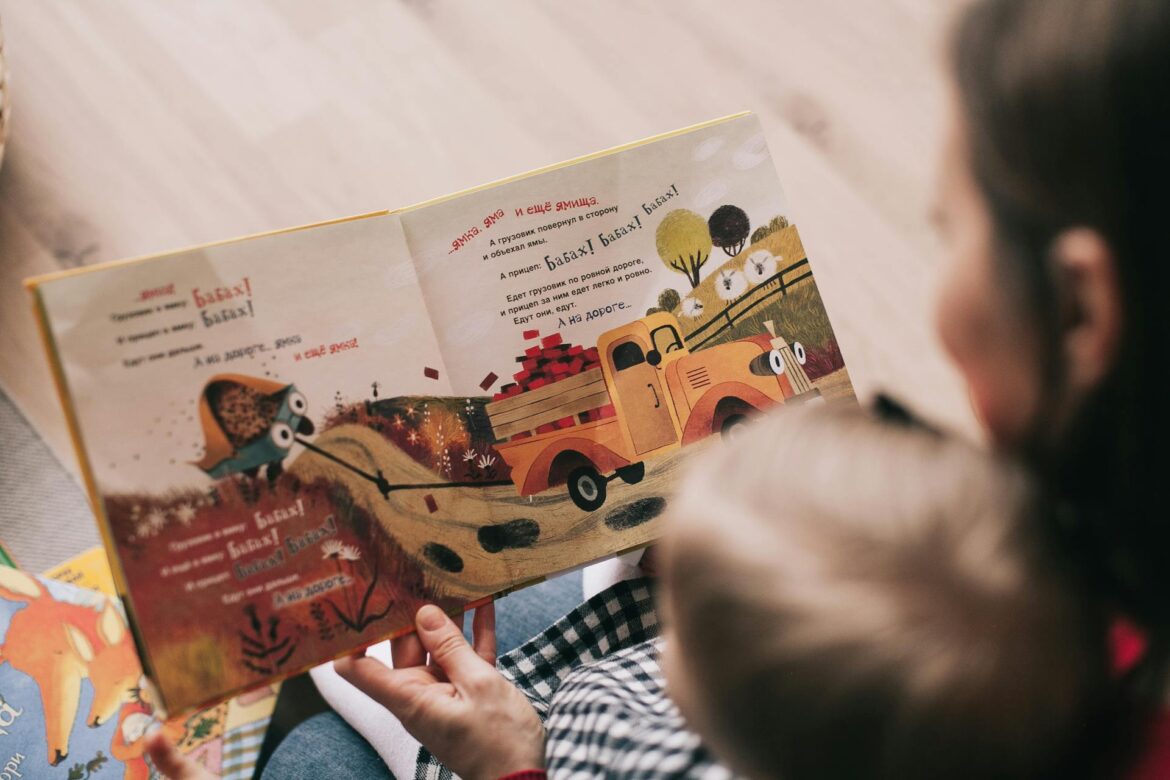In today’s fast-paced world, parenting can often feel like navigating a constant whirlwind of challenges. Amidst the chaos, practicing mindful parenting offers a beacon of calm and clarity, allowing parents to nurture resilient and empathetic children. In this article, we’ll delve into the principles of mindful parenting and explore practical techniques to cultivate these essential qualities in children.
Understanding Mindful Parenting:
Mindful parenting is a parenting approach rooted in mindfulness principles, which involves being present, nonjudgmental, and compassionate in your interactions with your children. It emphasizes tuning into the present moment, understanding your child’s emotions, and responding with empathy and kindness.
Key Techniques for Mindful Parenting:
- Cultivate Presence: Practice being fully present and attentive when interacting with your children. Put away distractions such as phones or screens and focus on engaging with your child with undivided attention. This fosters a sense of connection and security in the parent-child relationship.
- Emotional Awareness: Pay attention to your child’s emotions and validate their feelings without judgment. Encourage open communication and create a safe space for them to express themselves authentically. This helps children develop emotional intelligence and resilience.
- Respond, Don’t React: Instead of reacting impulsively to challenging behaviors or situations, take a moment to pause and respond thoughtfully. Consider the underlying needs or feelings driving the behavior and choose a compassionate and constructive response.
- Foster Empathy: Model empathy and compassion in your interactions with others, including your children. Encourage acts of kindness and teach children to consider the perspectives and feelings of others. This helps cultivate empathy and a sense of social responsibility.
- Practice Self-Compassion: Parenting can be demanding, and it’s essential to prioritize self-care and self-compassion. Be gentle with yourself, acknowledge your own limitations, and seek support when needed. A nurtured parent is better equipped to nurture their children.
Benefits of Mindful Parenting:
- Enhanced parent-child bonding and communication
- Improved emotional regulation and resilience in children
- Development of empathy and compassion towards others
- Reduction in stress and conflict within the family dynamic
- Promotion of overall well-being and mental health for both parents and children
Conclusion:
Mindful parenting offers a transformative approach to raising resilient, empathetic, and emotionally intelligent children in today’s complex world. By cultivating presence, emotional awareness, and compassion, parents can lay the foundation for their children to thrive emotionally, socially, and psychologically. As we embrace the principles of mindful parenting, we empower ourselves to raise resilient individuals who embody empathy, kindness, and inner strength.



